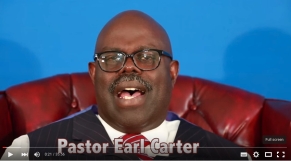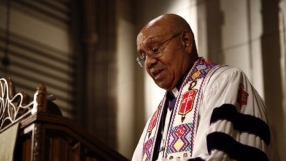Most evangelical pastors in America struggle to make ends meet but will not open up about their financial difficulties, according to a new survey.
The research, released by the National Association of Evangelicals (NAE) revealed the harsh financial reality for the majority of pastors. Many struggle with debt and don't earn enough to ensure long-term stability.

Half of pastors questioned said they are paid less than $50,000 (£34,300) and a third have an average debt of $36,000 (£24,700) from their studies. On top of that a quarter also have an average medical bill of over $7,000 (£4,800).
The majority do not receive any form of pension or health benefit from their church and nearly a third have no savings.
The survey of 4,249 pastors also revealed most pastors (55 per cent) lead churches with less than 100 members. The overwhelming majority (80 per cent) have churches of less than 200.
"The vast majority of pastors do not have their own radio or TV show, robust church staff, or megachurch attendance," NAE President Leith Anderson said in a statement.
"Rather, they faithfully serve in small churches and face financial challenges stemming from student debt, low salaries and medical expenses. And sadly, they often feel they have no one to turn to for help."
Unsurprisingly 90 per cent of pastors said they experienced financial stress and nearly a third were forced to take a second job to fund their families.
The research also showed many do not feel able to confide in their church. Almost a third said there was no one they could speak to about financial issues and 37 per cent said they did not know of any support offered by their denomination that could help.
The NAE has said it will focus on resourcing churches and denominations to help support pastors financially.
"The NAE is committed to developing solutions for the financial pressures pastors face," said NAE Project Director Brian Kluth in a statement.
"We are excited to help pastors move to a place of greater financial health — freeing them to lead their congregations well."

















